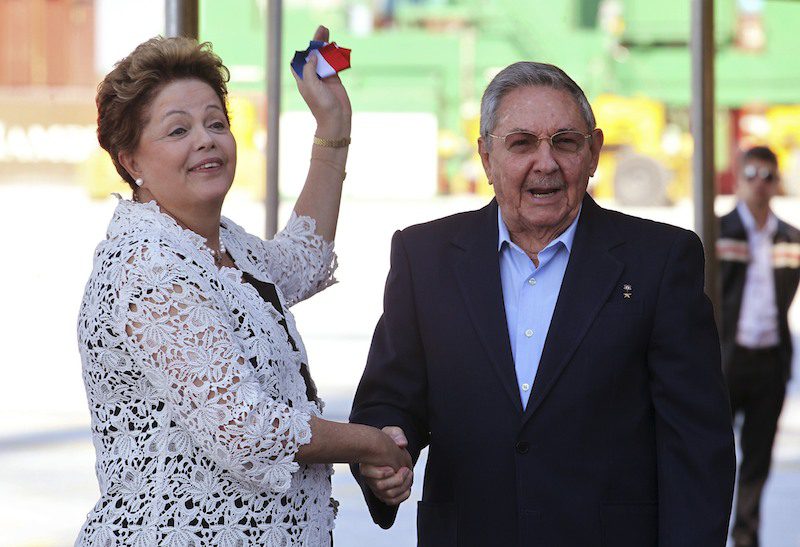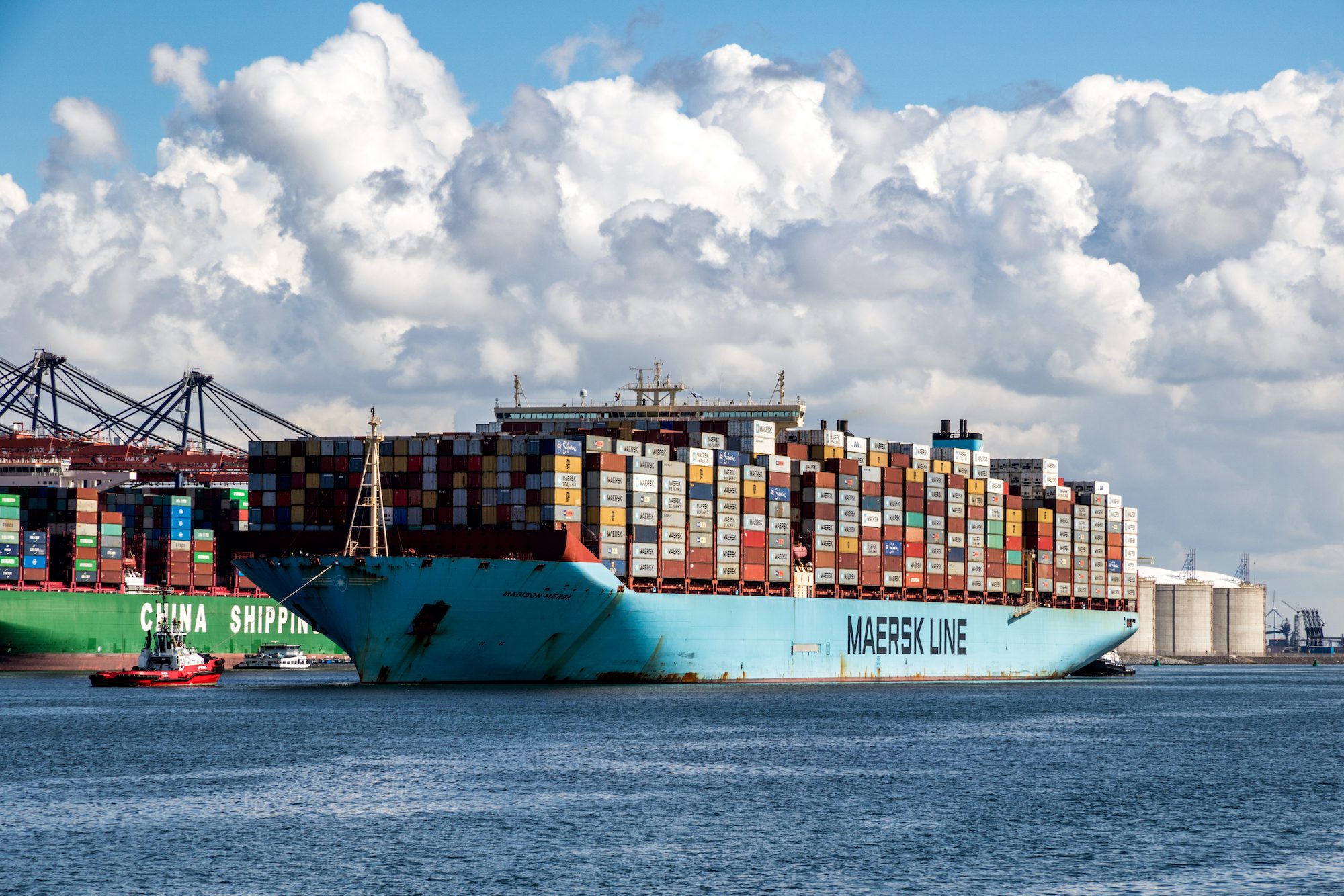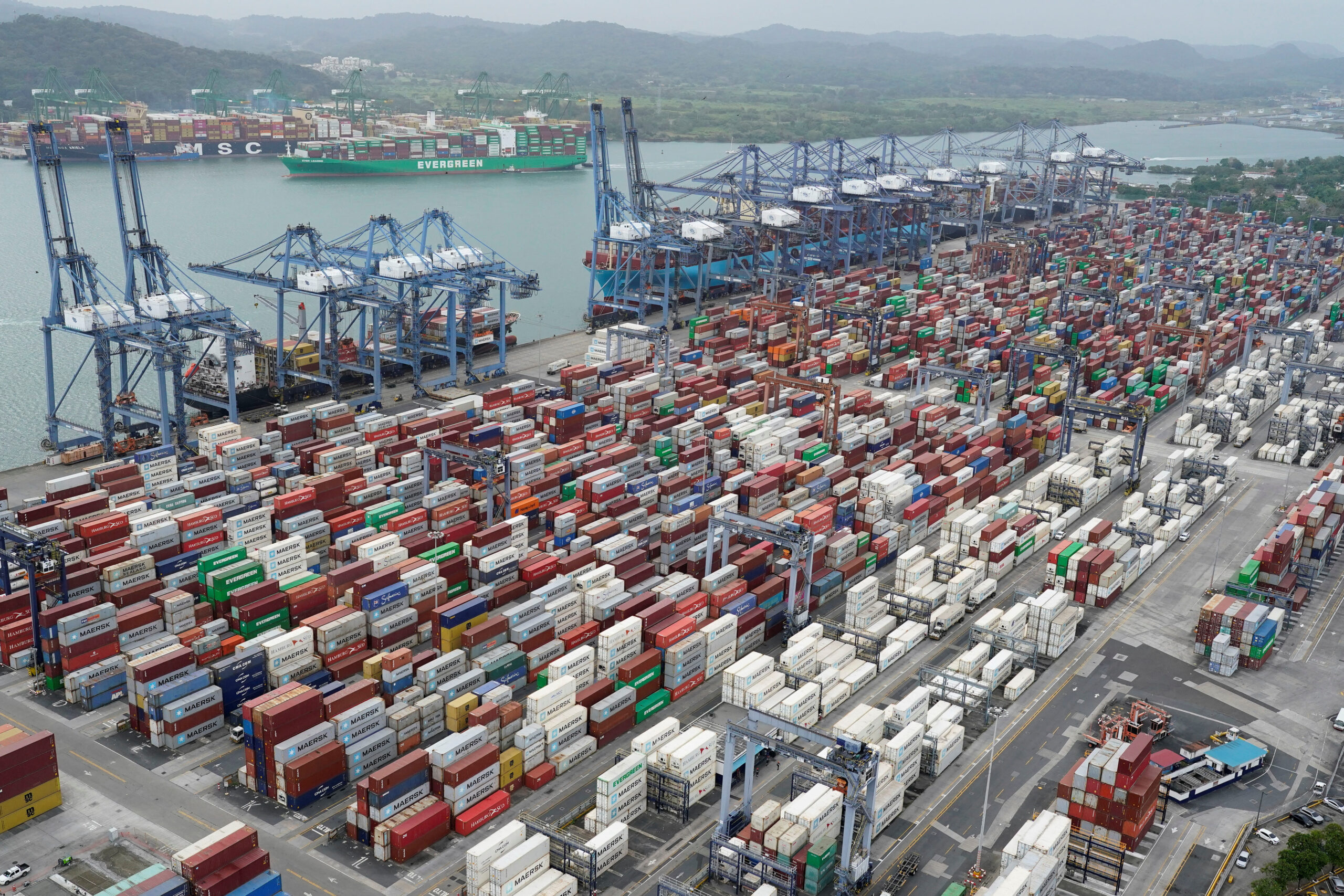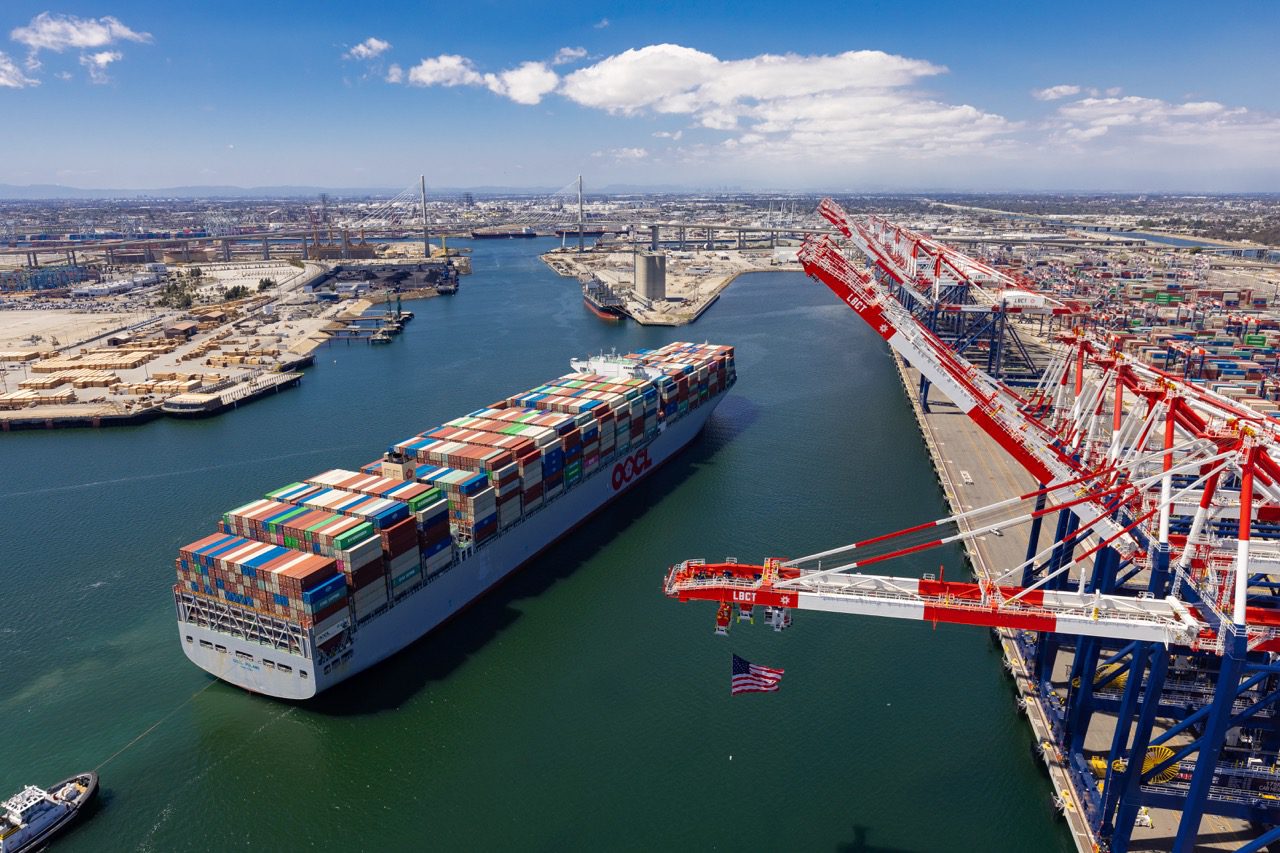Brazil’s President Dilma Rousseff (L) holds a piece of ribbon after she and her Cuban counterpart Raul Castro cut the ribbon in a ceremony attended by other regional leaders in Cuba for a Latin American and Caribbean summit, in Mariel on the outskirts of Havana January 27, 2014. REUTERS/Stringer
 By Nelson Acosta and Marc Frank
By Nelson Acosta and Marc Frank
MARIEL, Cuba, Jan 27 (Reuters) – Cuba on Monday inaugurated a $957 million port billed as the most modern in Latin America and crucial to the economic future of the communist-ruled island in a project financed by Brazil and equipped for ships passing through an expanded Panama Canal.
Cuban President Raul Castro and Brazilian President Dilma Rousseff cut the ribbon in a ceremony attended by other regional leaders in Cuba for a Latin American and Caribbean summit. It was financed largely by the Brazilian development bank BNDES and built by Brazilian construction company Odebrecht SA.
The Mariel container terminal, to be operated by Singaporean port operator PSA International Pte Ltd, will include a rail and highway support system and replace Havana as Cuba’s most important port.
The Mariel special development zone covers 180 square miles (466 square km) centered around Mariel Bay, 28 miles (45 km) west of Havana.
Cuba’s first special development zone has been built to accompany Post-Panamax ships, the larger vessels designed for the canal when an ongoing expansion is complete, expected some time next year.
The Mariel terminal, which will have an initial 765 yards (700 meters) of berth, is ideally situated to handle U.S. cargo if the American trade embargo is eventually lifted, and will receive U.S. food exports already flowing into the country under a 2000 amendment to sanctions.
Containers bearing the marking of U.S.-based Crowley Maritime Corporation were being unloaded on Monday.
“The embargo will not last forever, and when it falls, Cuba will be strategic for Brazilian companies because of its geographic position,” said a Brazilian government source, who asked to remain anonymous.
A decree establishing the zone includes significant tax and customs breaks for foreign and Cuban companies while maintaining restrictive policies, including for labor.
Cuba hopes the zone, and others it plans for the future, will increase exports, create jobs and promote high-technology and local development.
“This container terminal, and the powerful infrastructure accompanying it, are a concrete example of the optimism and confidence with which we Cubans see a socialist and prosperous future,” Castro told the ceremony.
The Brazilian development bank provided $682 million in favorable loans with the rest of the project financed by Cuba, said Antonio Zaccaria, a spokesman for Odebrecht. Brazilian companies received $802 million in business in the construction of the port, generating 153,000 jobs in Brazil, Zaccaria said.
“Brazil believes in, and is betting on, the human and economic potential of Cuba,” Rousseff told the ceremony. (Additional reporting by Anthony Boadle in Brasilia and Rosa Tania Valdes in Havana; Writing by Daniel Trotta; Editing by Marguerita Choy)
© 2014 Thomson Reuters. All rights reserved.

 Join The Club
Join The Club











